REGULATORY LANDSCAPE
CropLife Latin America and the network of Associations maintain a proactive dialogue with regulatory authorities, farmers, academia and other sectors to promote and defend regulations based on scientific evidence that allow access to agricultural technologies. Essential topics to advance towards agricultural sustainability.
This interactive map shows the most important advances and challenges in 2025












2025 INTERACTIVE MAP ON REGULATION
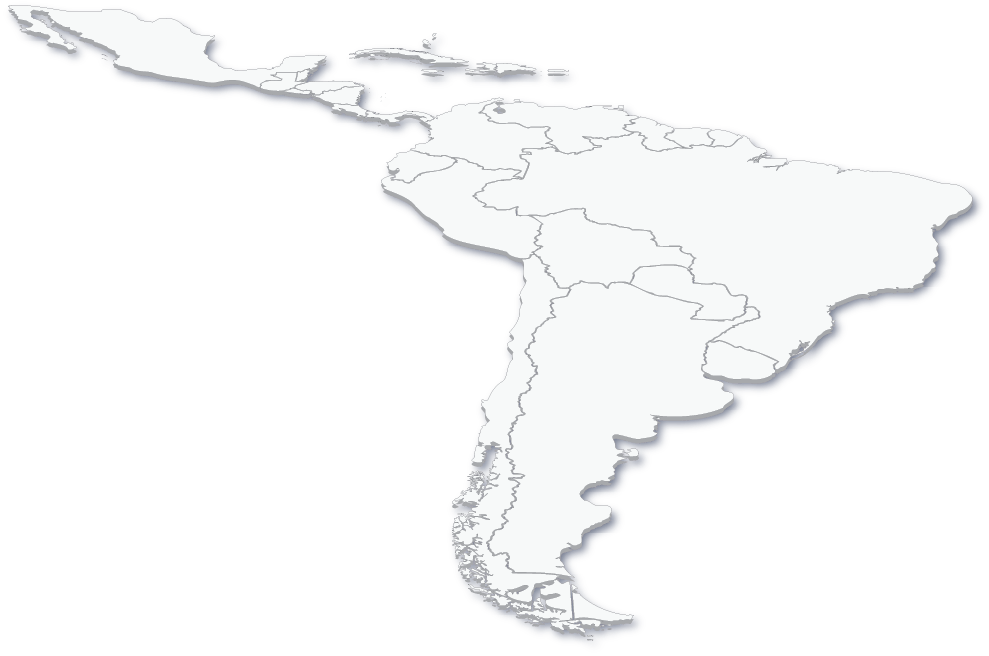


















Costa Rica Issues New Water Regulation
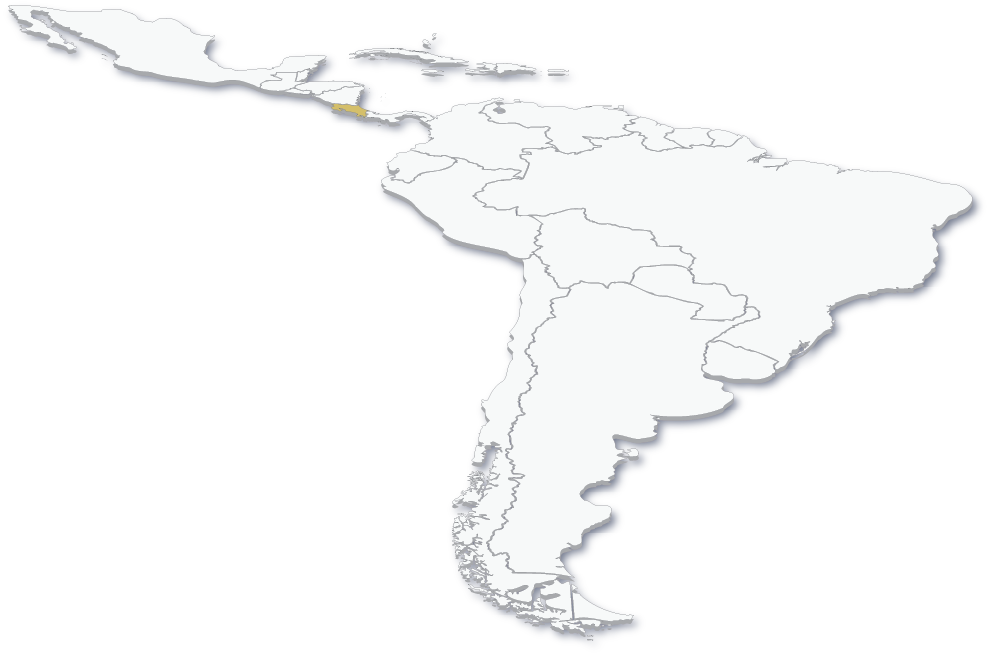
Costa Rica updated its regulations on Maximum Residue Limits or Maximum Permissible Values (MPV) of pesticides in water. The decree requires independent risk studies for each pesticide and replaces the current regulation, which establishes a maximum limit of one-tenth of a microgram per liter for all pesticides without a technical criterion.

Registration System in Costa Rica Remains Under Discussion

The authorities approved a "bridge decree" that reforms the pesticide registration regulations, extending the deadline for the "Update" (re-registration) and limiting this process to active ingredients. With this decree, registrants save at least 60% in time and resources. The rest of the reform is still under discussion.

Costa Rica Advances with Improvement Regulations in Biotechnology and Genome Editing

In 2024, the State Phytosanitary Service (SFE) authorized 259 hectares for the cultivation of Living Modified Organisms (LMOs).
The reform of Regulation 26921-MAG includes procedures to determine the equivalence between conventional organisms and edited organisms produced through modern biotechnology techniques, as well as regulatory improvements for stacked traits and process simplification.

Honduras Authorized Multiple Banana Technologies for Experimentation in Fungal Control
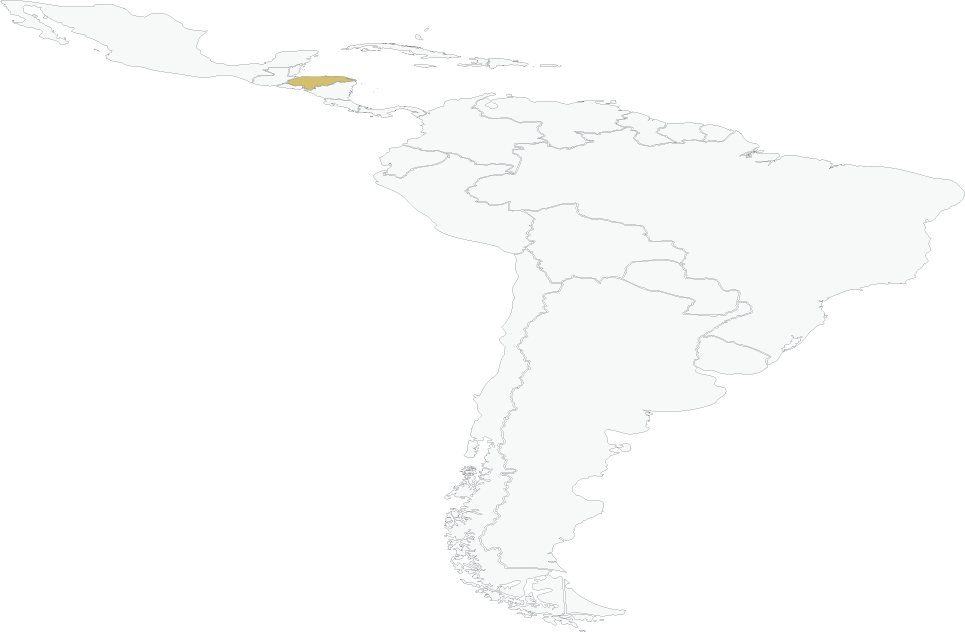
In 2024, the National Committee on Biotechnology and Biosafety approved six events, including applications for two banana varieties, seven transgenic banana varieties, and eight CRISPR-edited banana varieties.

Guatemala Continues Discussing the Biodiversity Law
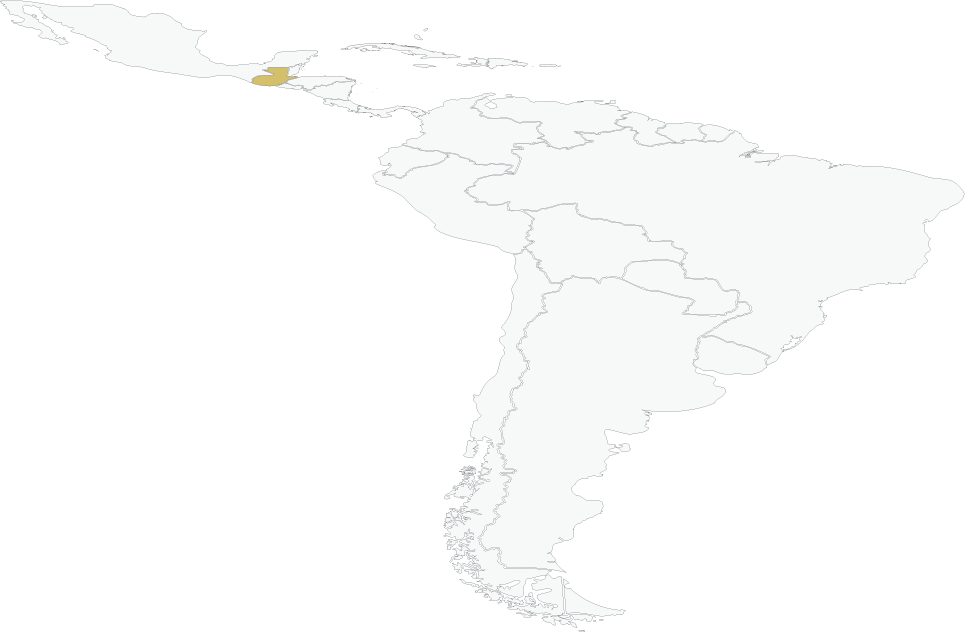
The Biodiversity and Ancestral Knowledge initiative is still under discussion in the Congressional review committees. Its approval faces an unfavorable outlook due to constitutional issues.

Panama Abandons Price Controls
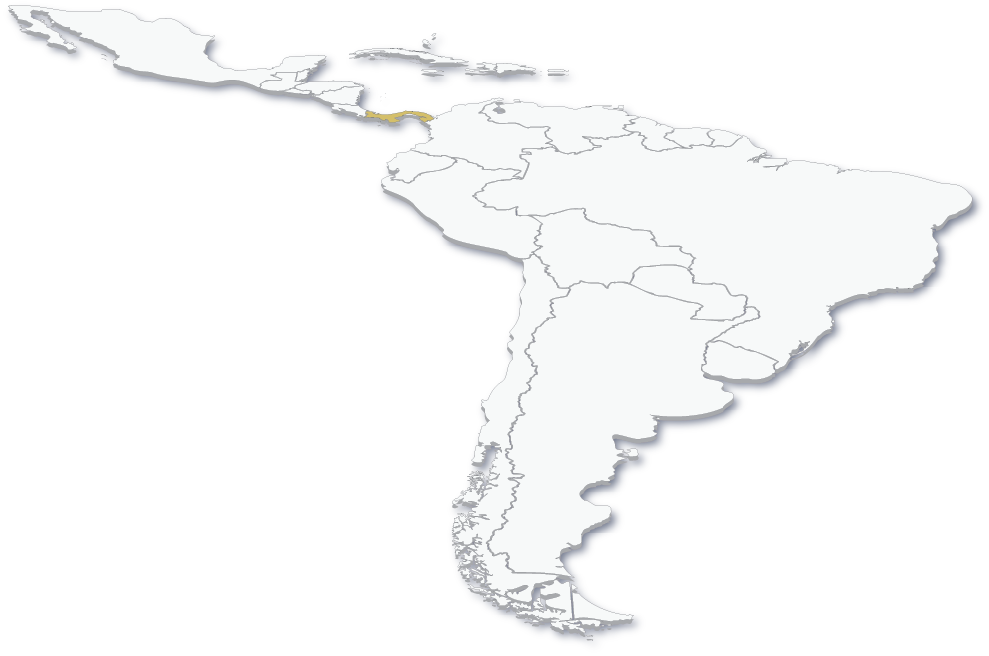
The Agricultural Affairs Committee of the Panamanian Congress recommended "not to continue discussing the bill that aimed to regulate the price of agricultural inputs," particularly fertilizers and pesticides. The Committee heard arguments from both the input industry and farmers, where the consensus was that agricultural sector efficiency is achieved through greater access to technology, credit, and market entry facilities, not through price controls on inputs, which would only lead to shortages. The bill was debated in Congress for nearly six months.

GHS Implemented in Colombia and Ecuador
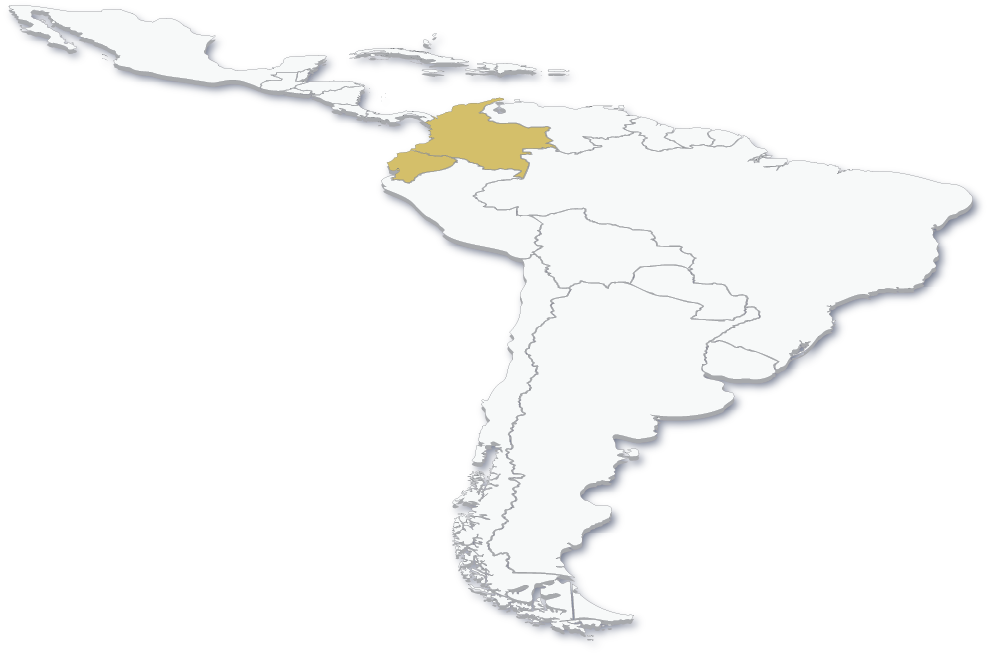
Colombia and Ecuador already have regulations for the proper implementation of the Globally Harmonized System of labeling (GHS), and the process is progressing successfully.
It is important to highlight that the General Secretariat of the Andean Community, through Resolution 2468 of January 30, decided to extend the deadline by 48 months for the phase-out by holders of those PQUA that still have labels approved under the previous Resolution 630.

Andean Decision Project on Biologicals
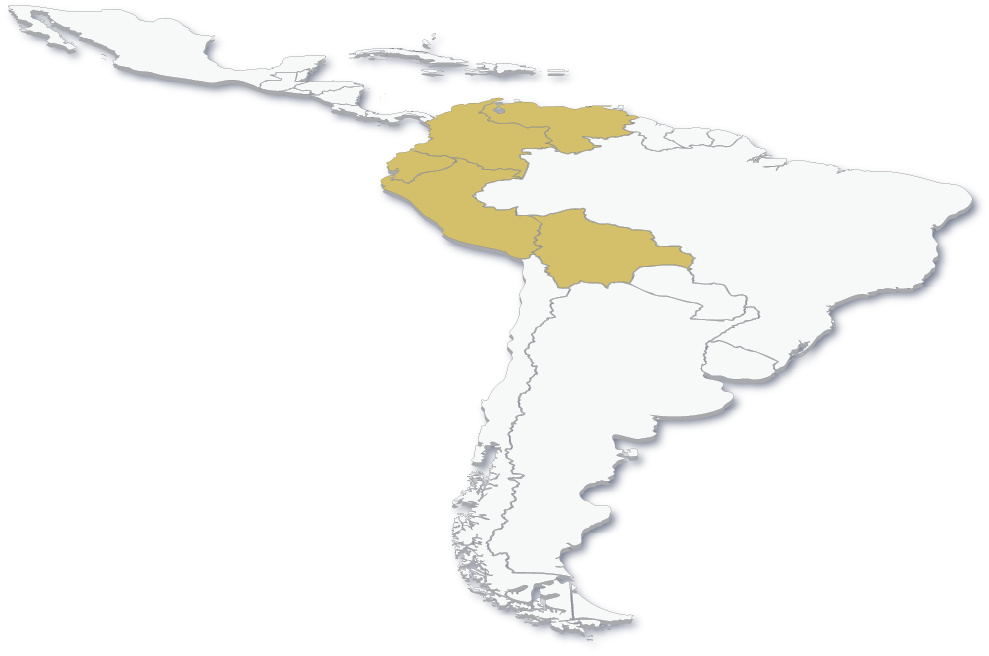
The Andean Technical Committee on Agricultural Health (Cotasa) is analyzing a draft decision to regulate the registration and control of biopesticides. CropLife Latin America, together with local associations in the Andean region, is monitoring this process to contribute with recommendations and comments.

Uruguay Advances with the Digitalization of Agrochemical Registrations
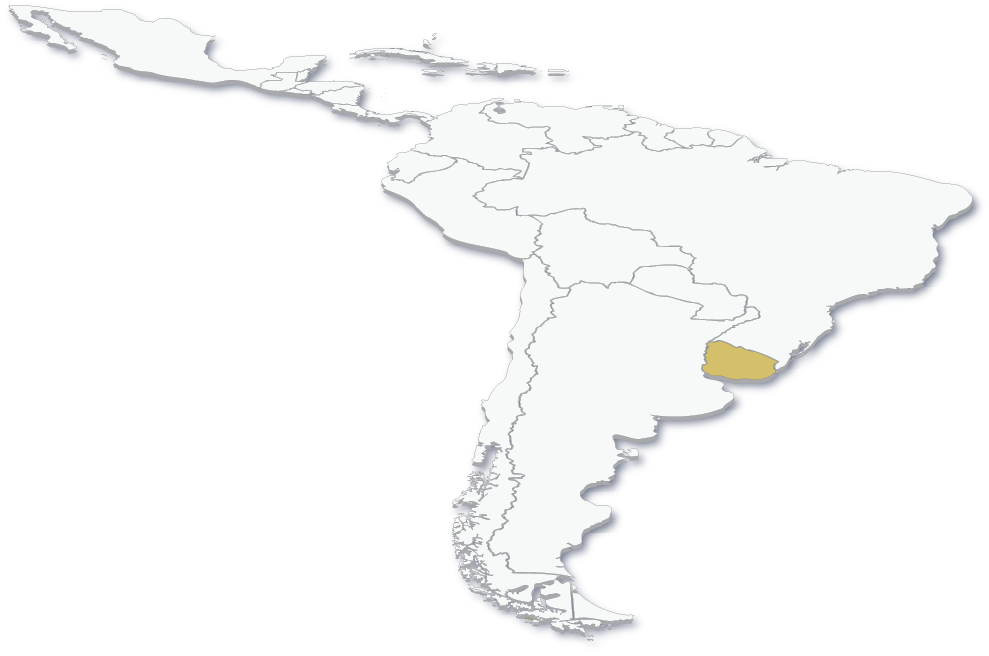
The Information System for the Registration of Agricultural Use Phytosanitary Products is a digital platform designed to manage and monitor the registration, commercialization, and application of products, ensuring the use of authorized products while safeguarding health and the environment.

Debate on Agricultural Innovation in Mexico
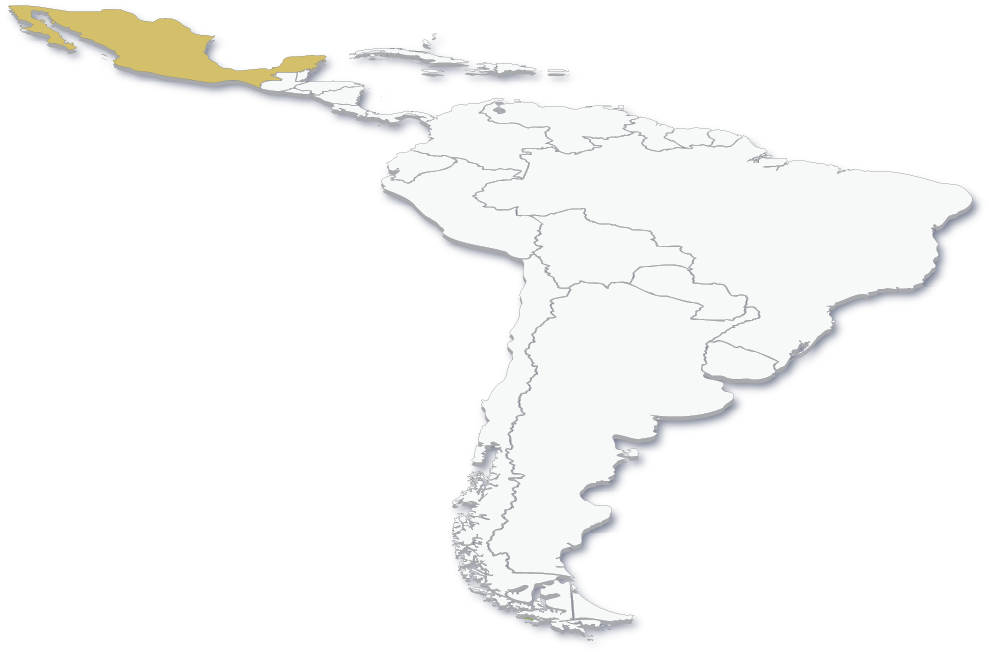
A government decree bans the importation of GMO seeds.
The trade panel under the USMCA, promoted by the United States and Canada, ruled in favor of Genetically Modified Organisms (GMOs). Agricultural biotechnology in Mexico remains in force. Farmers in Mexico continue to have access to glyphosate, the world's most widely used herbicide, whose imports had been prohibited.

Brazil and Argentina:
In processes to speed up the registration of new molecules
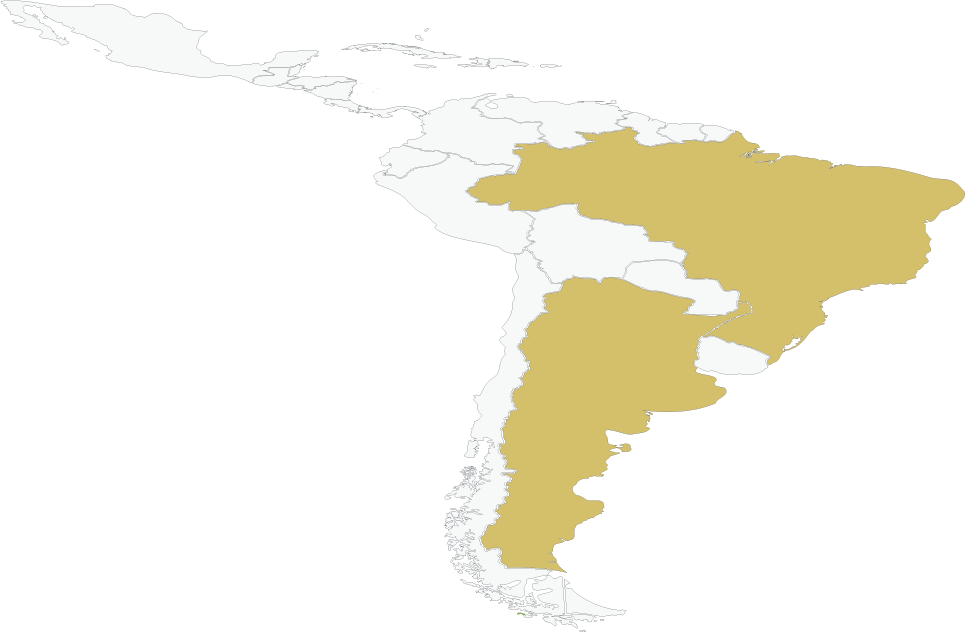
In 2024, equivalence-based registrations were expedited in both countries. However, the registration of new molecules continues to face delays. In Brazil, regulations for the new pesticide law are still lacking, and in Argentina, it is necessary to strengthen the evaluation personnel to advance the registration of new pest control tools.

















